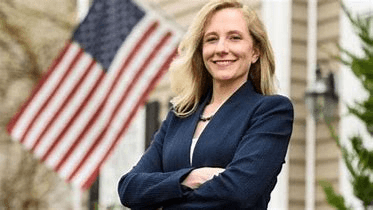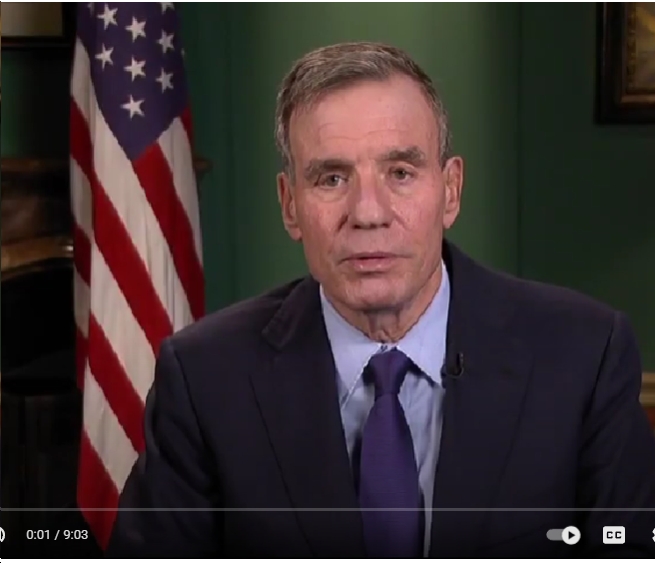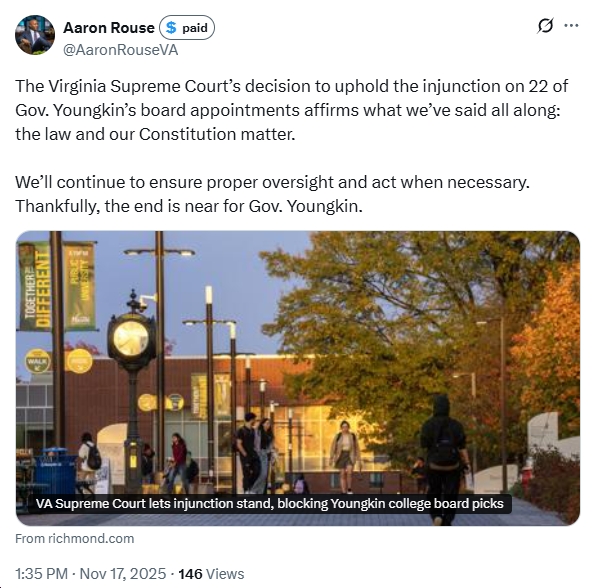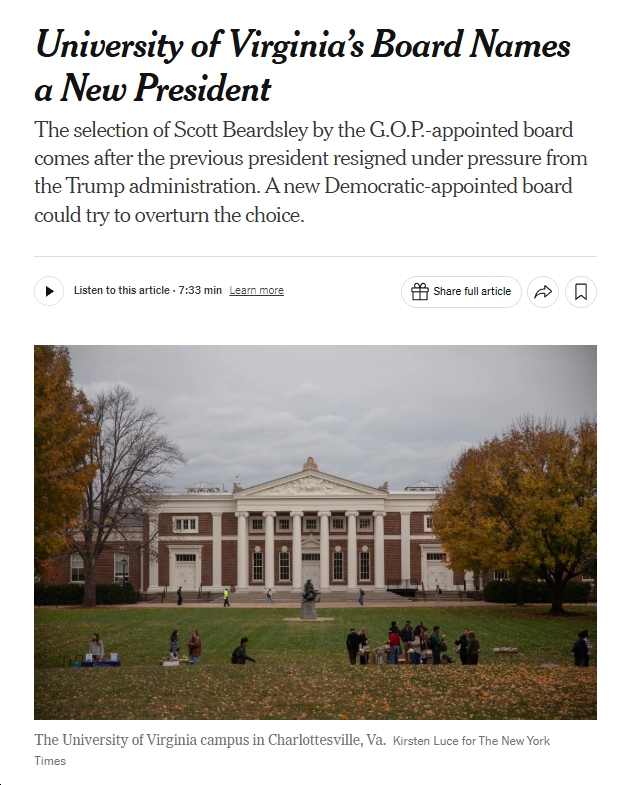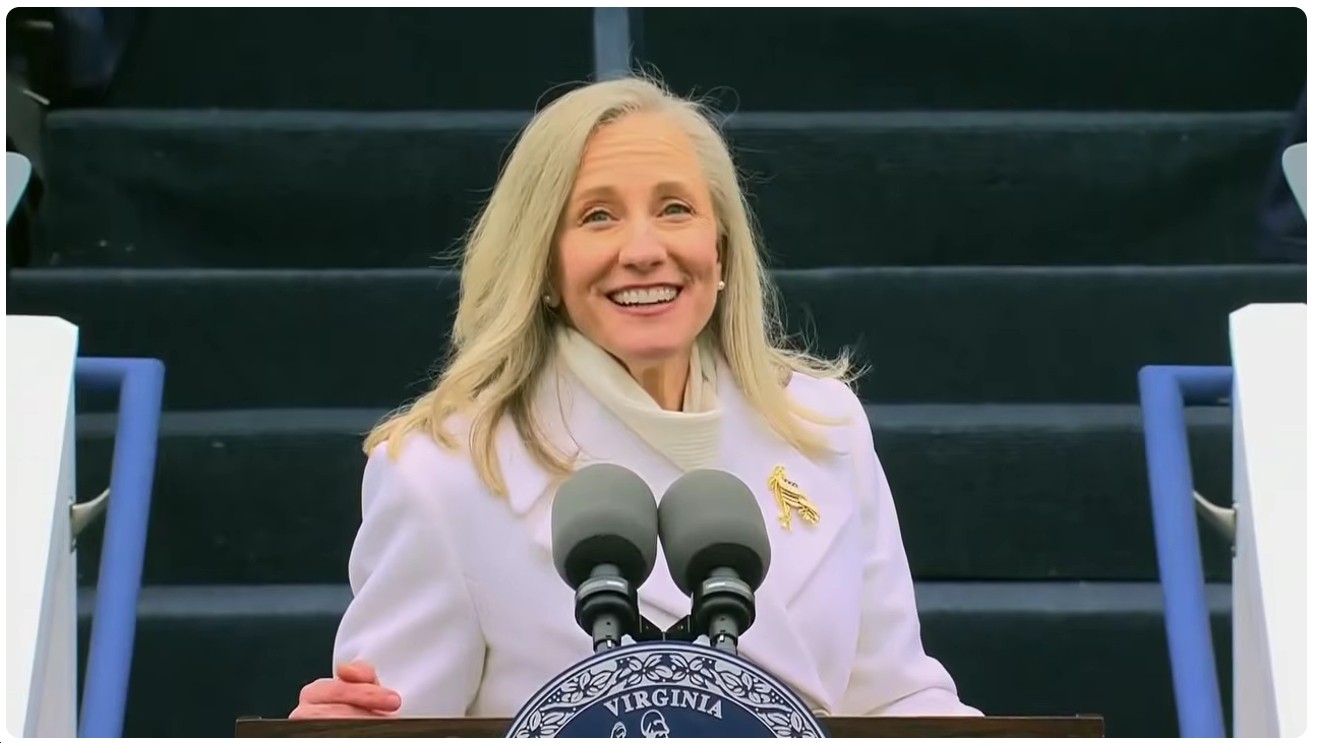 The for-profit “education” charade trots out two more pathetic claims. Minority students are “shut out” of the public higher education system and the higher student loan default rate of “career college” attendees is the government’s fault. These institutions are nourishing their prey through a government subsidized free market ponzi scheme.
The for-profit “education” charade trots out two more pathetic claims. Minority students are “shut out” of the public higher education system and the higher student loan default rate of “career college” attendees is the government’s fault. These institutions are nourishing their prey through a government subsidized free market ponzi scheme.
One shame in all of this, completely missed by the apologists (including Brian Moran) is that without federal grants and loans, these parasites could not exist at all; the market would do due diligence. Ignored by champions of the market are the realities of the market itself which in a complex world holds nothing ceteris paribus. Adam Smith’s invisible hand is unencumbered by the flaws and shortcomings of human perception shaped in each individual’s basket of experience. Smith lived in an essentially agrarian economy where those participating in the market had equal access to information; sometimes equally uninformed.
Citing a study conducted by the Virginia Career College Association, Jim Bacon argues that without the private sector, minority students would be “shut out of the higher education system.” There are some seductive numbers. In 2008, 13.8% of students attending public institutions were African-American while 47.4% of the students enrolled in for profit schools were African-American. Clearly this was an attempt to appeal to undiscerning liberals and embolden righteous conservative free marketeers. However, Bacon is actually arguing that the market failed. That those who failed selection to the credible educational institutions were somehow maligned by the all knowing market forces. Uninformed, those failed applicants, the vagaries of the market misinterpreted, flock to the web of the private sector parasites.
Conjuring up another set of data about public sector college graduates, this Bacon bit:
… it appears that the free market is stepping in to remedy the failure of the government-run marketplace. It is interesting that so-called progressives are hostile to career colleges. They say that career colleges experience higher rates of student loan defaults. But that’s just cover for a generalized hostility to privately delivered education.
The student loan default argument is a distraction, but Bacon raises it. The substantial criticism is the product and the process. Nowhere in the defense of for-profit institutions is any evidence about post-graduate employment trotted out nor would that tell the full tale of the thousands who entered and faded away, a Pell Grant lighter. Nowhere in the discussion is there a mention of the violations of federal law by for-profit recruiters. Those laws are inadequate to police the ethical acts of omission committed in the process.
Let’s discuss the default rate. Another Bacon bit is some obfuscation using fuzzy math in a claim that for-profit defaults are higher because public institution tuition is lower, being subsidized by government (duh, that is one reason we pay taxes). Then consider the following. First, a student loan default is a different animal than other loan defaults. These loans cannot be discharged, even in bankruptcy. Next, a huge portion of the debt from for-profit factories is yet mature enough to have made it to default. Finally, those familiar with the process for student loan collection would understand how those most vulnerable to the for-profit parasites are most likely to be in a financial position for their tax credits to keep them current and out of default. We haven’t begun to see the damage to lives from these loans. This sad default statistic is understated. Paradoxically, graduates from public institutions should have a higher default rate because they are better off economically. Their finances require payments and do not allow the safety net afforded the most vulnerable to the scam. The lower default rate is a testament to publicly delivered education.
This whole for-profit education industry is one of the most brilliant in the sad history of scams. All of it … including charter schools.
 But let’s get back to Bacon’s claim of public sector disservice to African-Americans. (Of course his ilk would likely be the first to condemn the public-sector for affirmative action.) If almost half of the for-profit institution prey is African-American, we can extrapolate that the vast majority of the prey is minority. And here is what the parasites do: provide open admissions to all who are eligible for Pell Grants and student loans; entice eligible applicants to apply their available grants, grants that can never be recovered, toward tuition for curriculum they are unlikely to complete; facilitate continuing enrollment through loans whose repayment cannot be justified by employment prospects after graduation; blame the victims of the scam for their ultimate underachievement. What we have here is the free market’s private sector version of affirmative action, increasing eligibility for participation by the less economically advantaged, disproportionately populated by minorities.
But let’s get back to Bacon’s claim of public sector disservice to African-Americans. (Of course his ilk would likely be the first to condemn the public-sector for affirmative action.) If almost half of the for-profit institution prey is African-American, we can extrapolate that the vast majority of the prey is minority. And here is what the parasites do: provide open admissions to all who are eligible for Pell Grants and student loans; entice eligible applicants to apply their available grants, grants that can never be recovered, toward tuition for curriculum they are unlikely to complete; facilitate continuing enrollment through loans whose repayment cannot be justified by employment prospects after graduation; blame the victims of the scam for their ultimate underachievement. What we have here is the free market’s private sector version of affirmative action, increasing eligibility for participation by the less economically advantaged, disproportionately populated by minorities.
In the end, as is becoming so common with this school of apologists for the free market, management and regulation of the market is the solution in this Bacon bit:
…Rather than punishing institutions based upon their profit/nonprofit status, the feds should focus on institutions, of whatever stripe, with the worst default rates. Stop lending to colleges that offer little educational value added. Stop lending money for fields of study that offer little payback in the marketplace. Curtail lending to students with lousy credit scores and a demonstrated inability to pay their creditors.
How about this: for-profit institutions that can provide a better product at a lower cost without any federal assistance deserve a warm embrace. They will have proven that the market, unencumbered by government interference, can deliver a better service. But that is just it. The reason government ever got into education was that the private sector never bellied up. There would be no for-profit profit but for the government. Ironic.
Meanwhile, drop by your local fast-food outlet and get feedback from the for-profit culinary arts graduates, $77,000 in debt, flipping burgers. Maybe a little Bacon will make it all more palatable.

